Ukraine-Russia truce: will Starmer’s proposed deal win Trump over?
After talks with President Zelensky in London, the UK and France are set to unveil their proposed peace deal - but they will need the US leader on side.
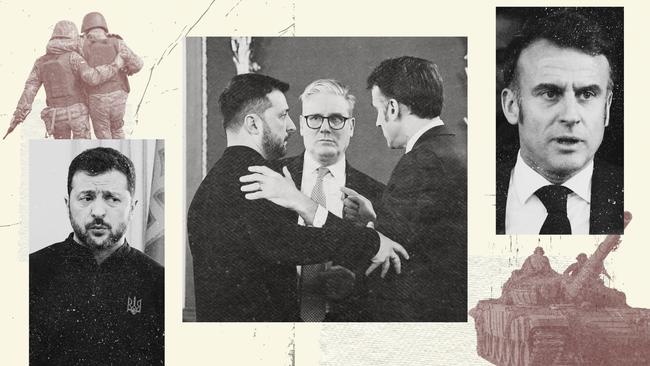
Sir Keir Starmer and President Macron are expected to unveil their plans for a peace deal between Ukraine and Russia this week.
The prime minister wants to take advantage of the “momentum” generated by his Lancaster House summit in London as he seeks to galvanise support for his “coalition of the willing”.
The deal could be a prelude to the most significant decision of Starmer’s premiership — putting British soldiers on the ground in Ukraine as a security guarantee once a ceasefire is agreed.
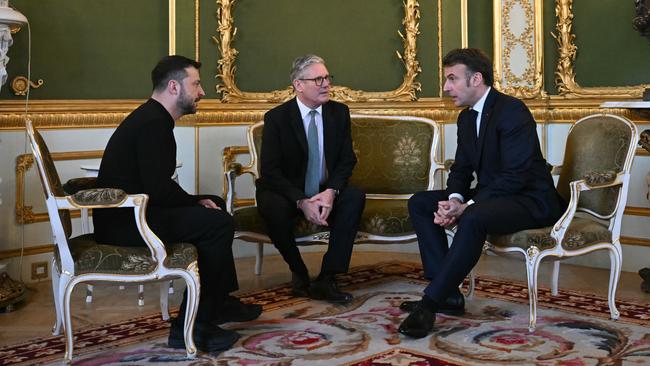
What does the peace deal look like?
On Sunday Macron announced plans for an initial truce lasting a month and limited to “sea, air and energy infrastructure”. No 10 distanced itself from the time frame — there has been no agreement on it lasting a month — but the broad outline of the plan is correct.
Macron highlighted the fact that a full-blown ceasefire involving ground troops would be very difficult to monitor.
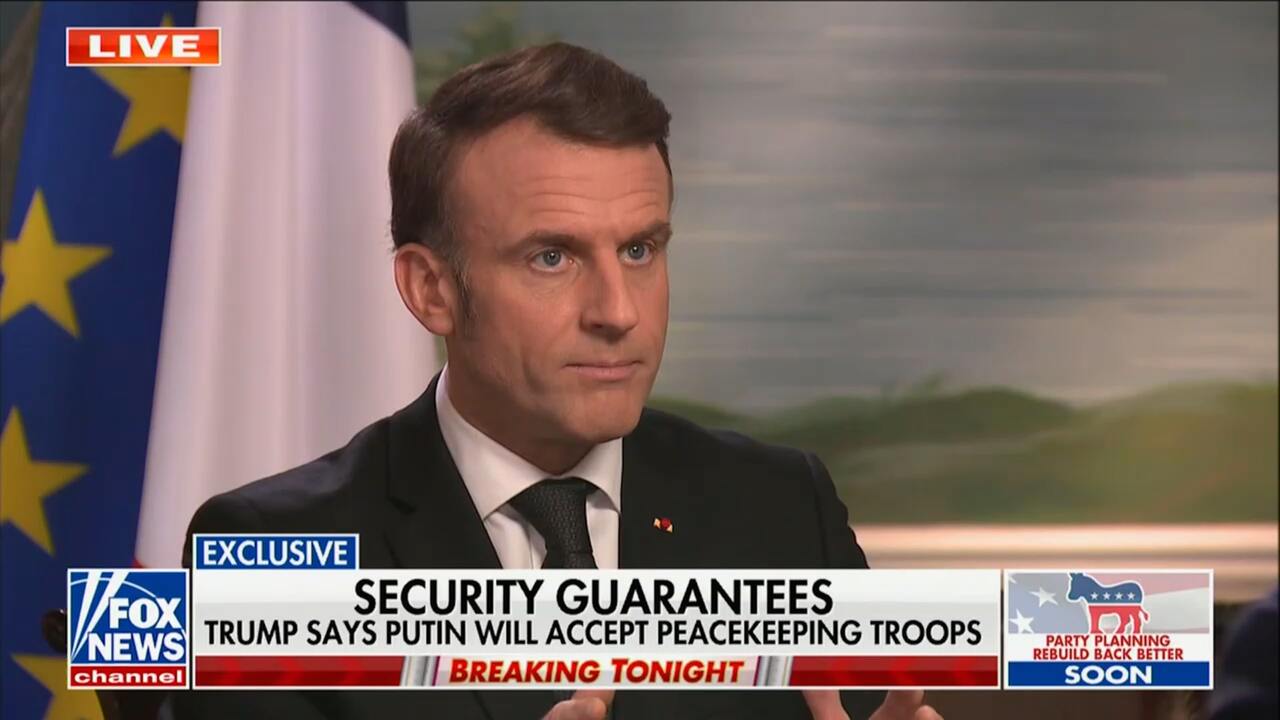
A stray bullet on the ground could rapidly see any ceasefire fall apart across thousands of miles of the borders. Limiting the nature of the initial ceasefire will make it easier to monitor and see if Russia is willing to observe the terms of a truce. If it is, after a designated period yet to be agreed, British and French troops would be deployed to Ukraine to help secure any agreement.
How far will it go?
The deal proposed by the UK and France will be inherently limited. It will focus on process rather than the far knottier decision of borders and territory. Ukraine is already said to be signed up to the broad principle. President Zelensky said he was aware of the plans during his visit to the UK on Sunday.
The terms of the deal are being thrashed out by Jonathan Powell, Starmer’s national security adviser, and his counterpart in France. With Ukraine’s agreement Britain and France will then present the plans to President Trump. The hope is that acting as interlocutors with Ukraine will help take the heat out of the row between Trump and Zelensky.
What will Ukraine do?
Britain is pressing Zelensky to do everything in his power to repair relations with the US. A senior government source said at the weekend that he needs to “play the game” and show Trump respect to get back round the table. It is not yet clear if Zelensky is willing to do so. He said on Sunday that he believes the row will pass and that he is ready to sign a mineral rights agreement with the US, which is seen as critical in the path to securing a peace deal.
Trump needs to be shown “some respect” from the Ukrainian leader, a UK government source has suggested
Trump has said that such a deal will act as a deterrent to Putin in and of itself because it will mean that US workers and companies are on the ground in Ukraine. The UK does not agree entirely — it believes a military security guarantee is needed — but it is a step in the right direction. Zelensky’s government is expected to sign the deal this week, although the Ukrainian president is not expected to travel to the White House to do so.
Will the US provide a security guarantee?
This is the biggest question. Starmer has been clear that the deployment of British troops in Ukraine is contingent on a security guarantee from the US in the form of air cover or satellite surveillance. Ultimately, the UK and France want an assurance that if their forces are attacked by Russia the US will intervene to protect them.
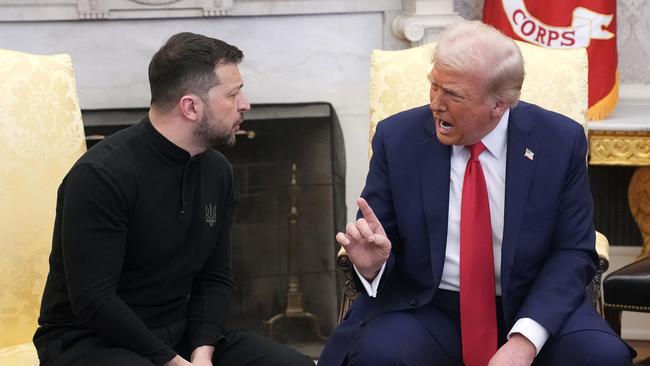
Such assurances have so far not been forthcoming, despite direct pleas from both Starmer and Macron. Britain believes Trump is deliberately keeping his cards close to his chest, but Starmer has suggested that during private conversations Trump is open to the idea. How far the US is willing to go will be pivotal.
What will happen next?
The UK and France are planning to present their broad plan for a ceasefire agreement to the US. Once they have done so they hope that other European counties will come forward to join a “coalition of the willing” and commit themselves to putting boots on the ground in Ukraine. Italy is expected to be among them. The plan — and European support for it — is intended to demonstrate to Trump that Europe is serious about providing a deterrent of its own. As Starmer put it on Sunday, Europe must show that it is willing to do the “heavy lifting”. It is then that the hard yards begin.
Trump will attempt to broker a ceasefire agreement between Russia and Ukraine, which, given disputes over Ukraine’s borders, will be hugely challenging. Russia has also been clear that it is resolutely opposed to the presence of peacekeeping forces in Ukraine.
Should a deal be brokered, British troops could be deployed to Ukraine within months as part of a 30,000-strong force in key cities and strategic locations. It is a big “if”, however. The Oval Office meltdown last week is potentially nothing compared with what is to come.
The Times

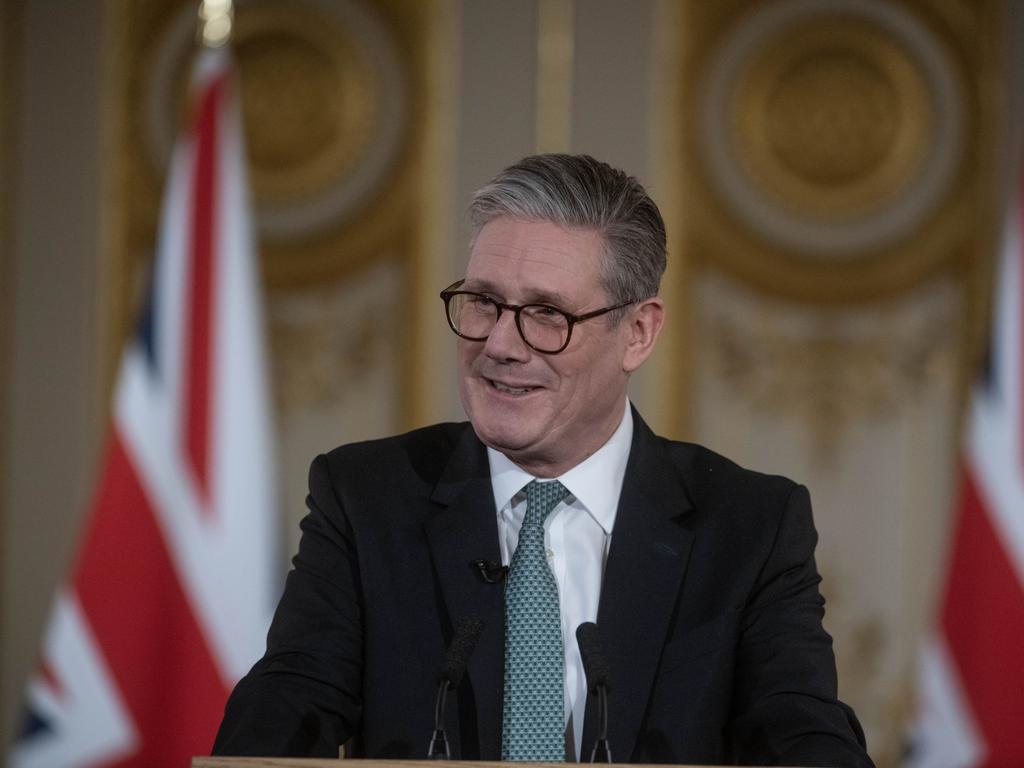


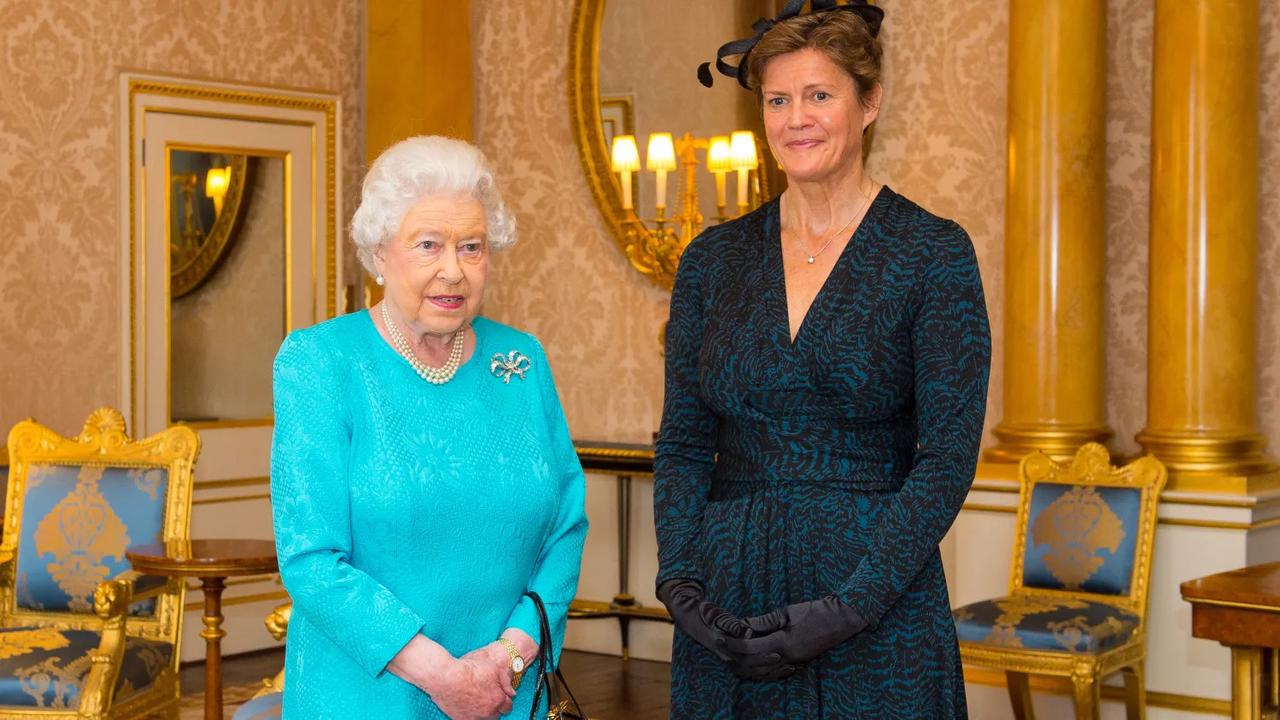
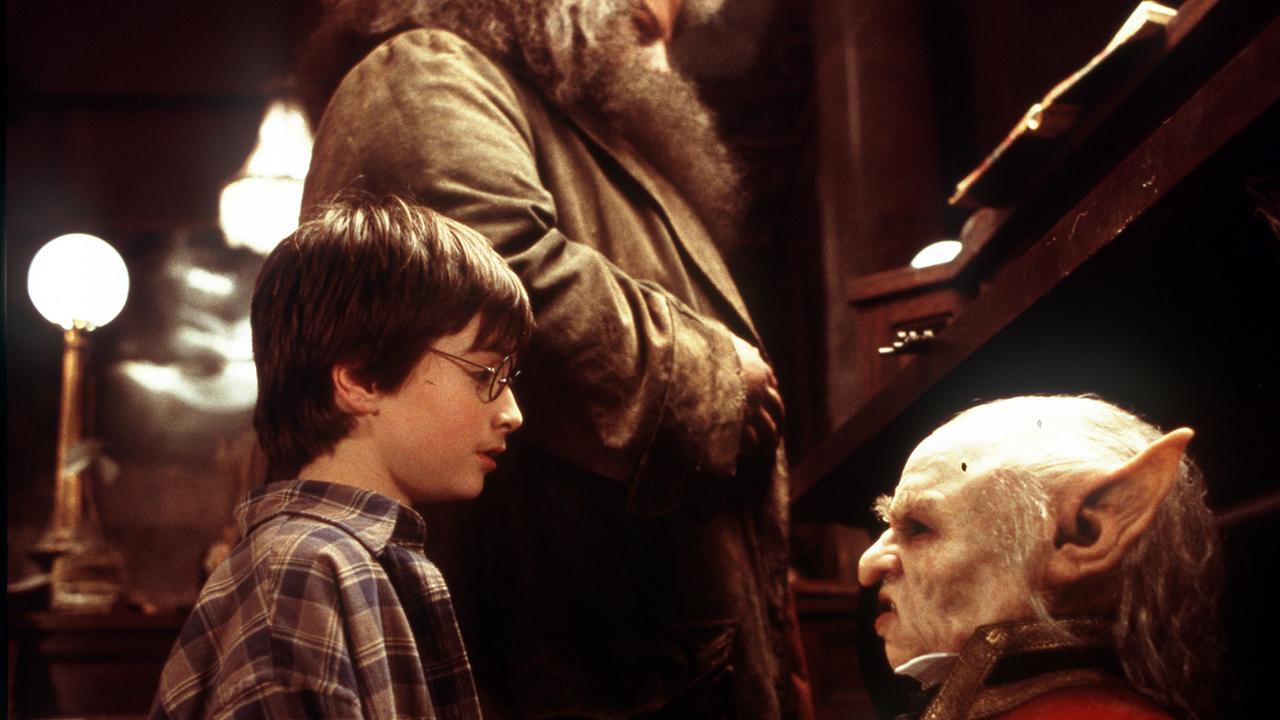
To join the conversation, please log in. Don't have an account? Register
Join the conversation, you are commenting as Logout